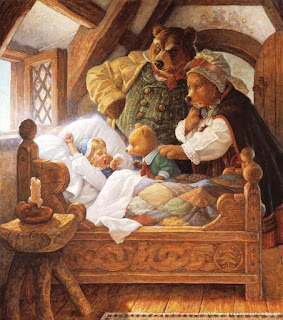You can buy
innumerable books about how to write fiction. I have bookshelves full of them.
Some help, but most are regurgitations of the same old stuff. The majority of
these how-to books present a formulistic approach: If you get each of these
elements right, you’ll have a bestseller. I beg to differ.
 |
| Neither too hard or too soft |
I’m biased. I
believe storytelling is the most important aspect of fiction. Characterization
is a close second, with plot a distant third. Literary devices are
inconsequential until you have a compelling story.
There are
great storytellers, great writers, and great storytelling writers. The first
can be commercially successful, but eventually fade away. The second never gain
a large audience. The third become immortal.
(Twain, Shakespeare, and Homer
are but three examples.)
Raymond
Chandler wrote, “all art at some time and in some manner becomes mass
entertainment, and that if it does not it dies and is forgotten.” The secret to
mass appeal is engaging stories.
Fiction may be art or craft, but it is certainly not engineering.
Fiction may be art or craft, but it is certainly not engineering.